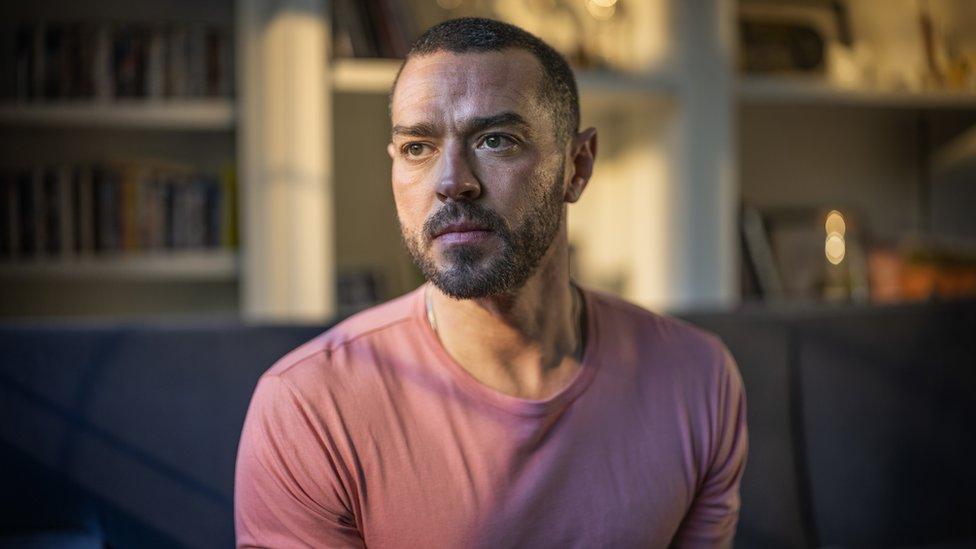'I teach primary school pupils about the harms of drugs'
- Published
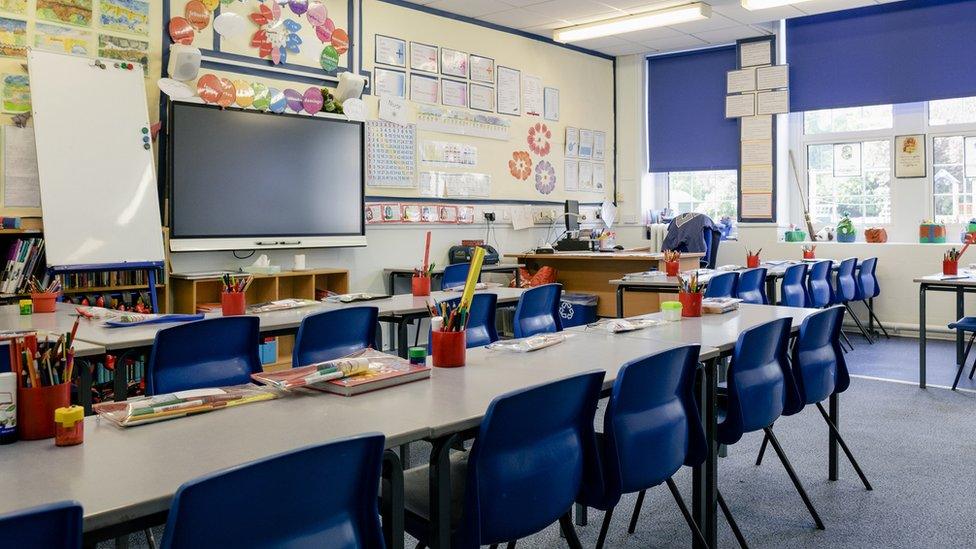
Primary school drug education is key, say With You
Drug harm reduction education needs to be given to primary school children, a charity has said.
With You Redcar and Cleveland has provided drug and alcohol education to "more than a dozen" North East schools.
Child exploitation lead Gill Collier said some secondary school pupils report having used drugs aged 10 or 11.
She said educating children that are preparing to leave primary school was "absolutely key" to reducing harm in their teenage years.
The charity is collaborating with local services to deliver sessions on cannabis, alcohol, vaping and child criminal exploitation.
Outreach teams are "getting constant emails" from schools to request sessions since they began in April, the charity said.
Nearly 2,000 children at primary schools and pupil referral units had received the training.
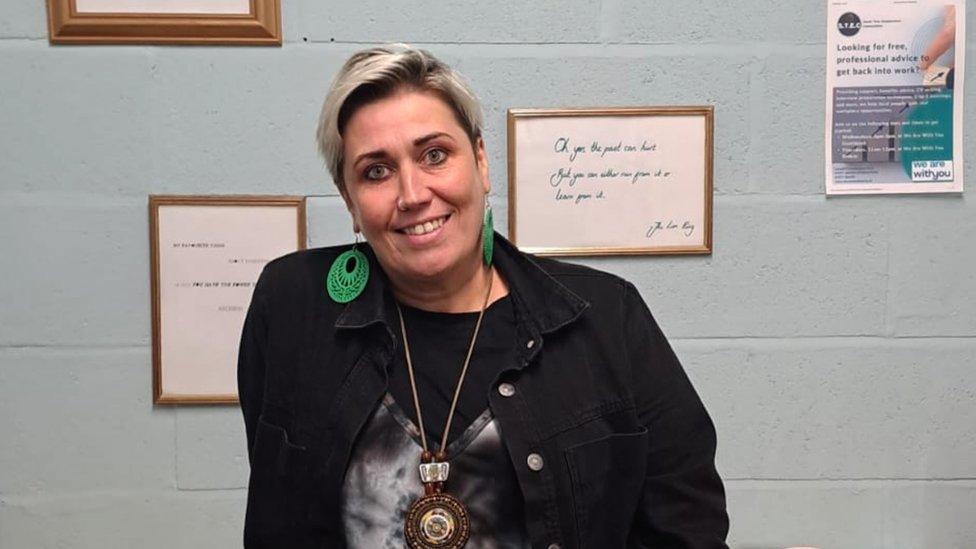
Gill Collier says there are "growing concerns" around the misuse of anxiety medication amongst children
Ms Collier was first inspired to work in the field after people she knew were "hit hard by heroin" in the 1990s.
"Drug use has changed massively since then, but I've always wanted to know what I can do to help," she said.
"There wasn't as much help for young people then, but I think that's where it needs to start.
"If you get in early with knowledge-based practise, hopefully they never end up in adult services".
She said "drugs are fashionable" for some young people, who often do not consider the substances they use as drugs.
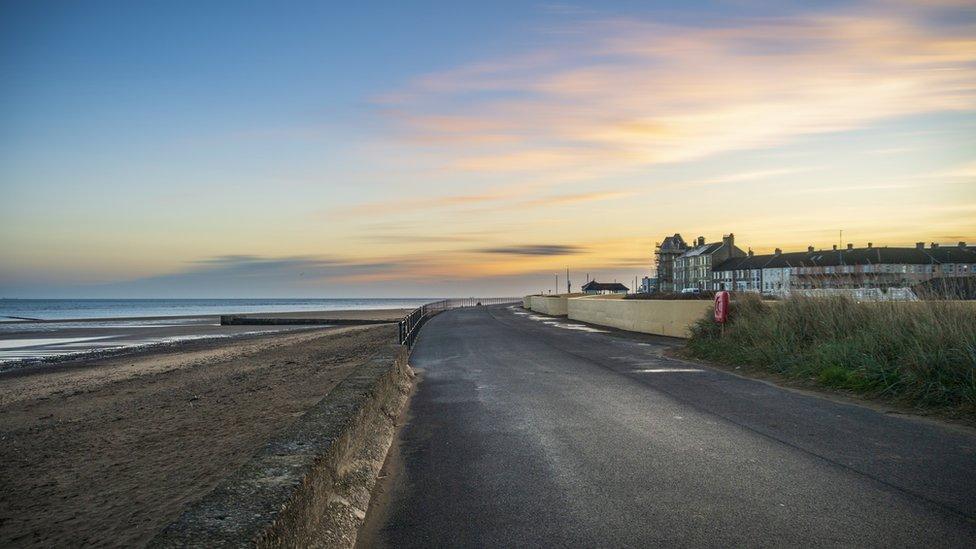
With You Redcar and Cleveland have trained nearly 2000 pupils since April
One local primary head teacher said the sessions relayed "an important message" and staff had received positive feedback from parents and carers.
Mary Parker, from Chaloner Primary School in Guisborough, said she had invited With You to work with pupils and she was "really impressed".
"We have had a few incidents involving some parents and drugs, and when speaking to the children, many know the names and effects of different drugs.
"They provided a safe forum where our children could explore their own experiences and develop a better understanding of the issues related to drug use.
"The children found it informative and they engaged in challenging conversations openly. The team considered the impact on the children's mental health and were nurturing throughout."

How many young people use drugs?
The latest NHS survey, external which asks school-aged children about smoking, drinking alcohol and using drugs was published last year.
Children aged 11-15 are included in the survey, which does not extend to primary school pupils.
It found a fall in prevalence of drug use, a decrease in smoking and an increase in vaping.
18% of pupils reported that they had tried drugs.
With You Redcar and Cleveland said the amount of young people it works with had "gone up", partially due to better awareness of local support services.

Young children have been taught about drugs, but also about what a healthy relationship looks like, something Ms Collier says is linked to child criminal exploitation.
The landscape has "changed significantly in the last two years", with anxiety medication, which can be bought for a similar price to a gram of cannabis, "causing huge problems" in the Redcar area.
"It slows down the respiratory system. We've had a lot of ambulances for overdoses," she said.
"It can make people feel confident and lead to violence or anti-social behaviour.
"We're also seeing young people given these tablets as a way of being exploited to do things they would never usually do".
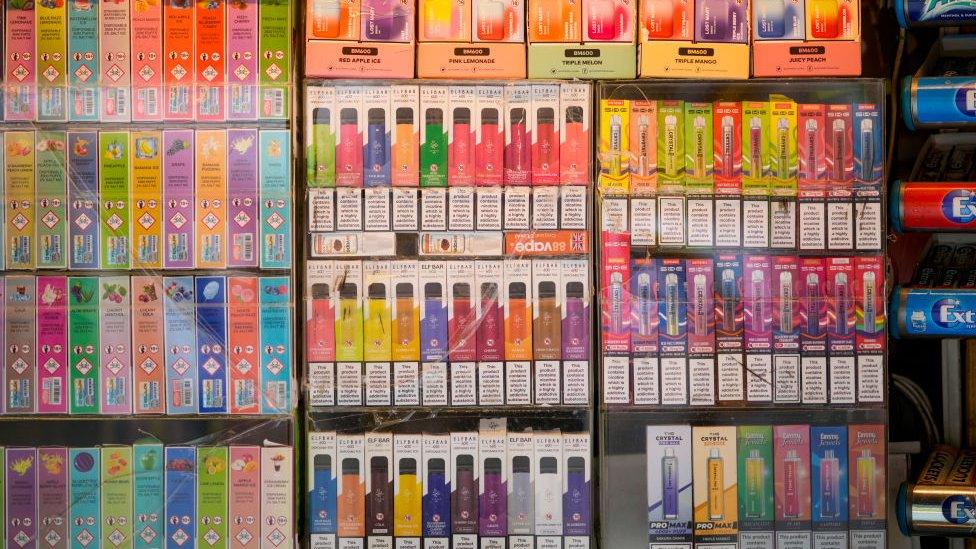
Vaping is popular with some young people who have never smoked cigarettes
"Cannabis is the number one drug, it always has been," Ms Collier said.
"We're not seeing a great deal of young people using alcohol, although we will always see that, and the risks that come with it.
"Vaping is absolutely huge. Children don't associate vaping as being a drug, as being nicotine, that's the problem. These things are attractive.
"It's the same with nitrous oxide. It's always been a craze, we always used to see those little cannisters. Now we're seeing those big, huge cannisters.
"Some kids are losing their teeth, others are getting burns. There was an incident where someone had burns all in their mouth and had to be put on a drip."
"We've always wanted to get into primary schools and now they've welcomed us with open arms.
"Primary schools are absolutely key".
With You is also providing sessions in pupil referral units, working with students no longer in mainstream education.
Redcar and Cleveland Council, a partner in delivering the education sessions, described the project as "vital to enable them to make better choices in life".

Follow BBC North East & Cumbria on Twitter, external, Facebook, external and Instagram, external. Send your story ideas to northeastandcumbria@bbc.co.uk, external.
- Published2 December 2022
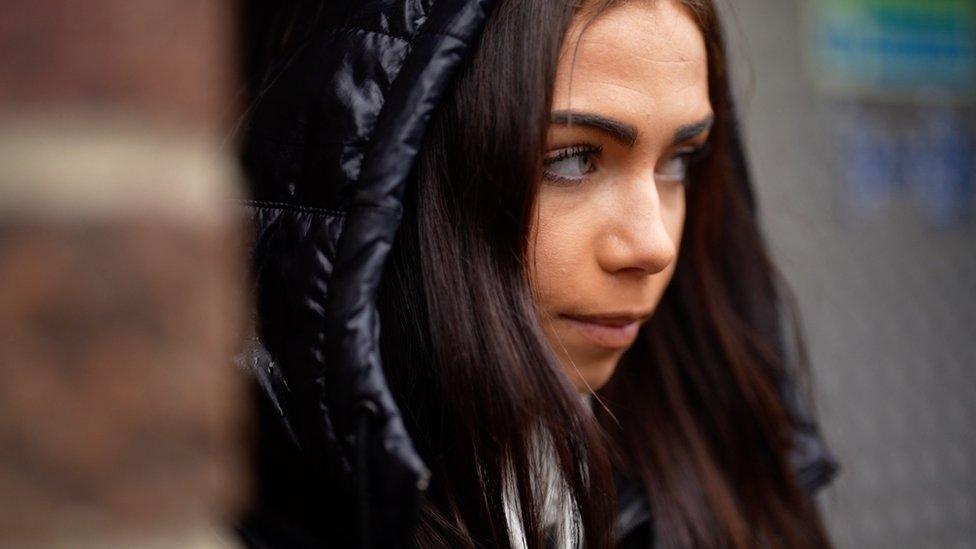
- Published30 May 2023
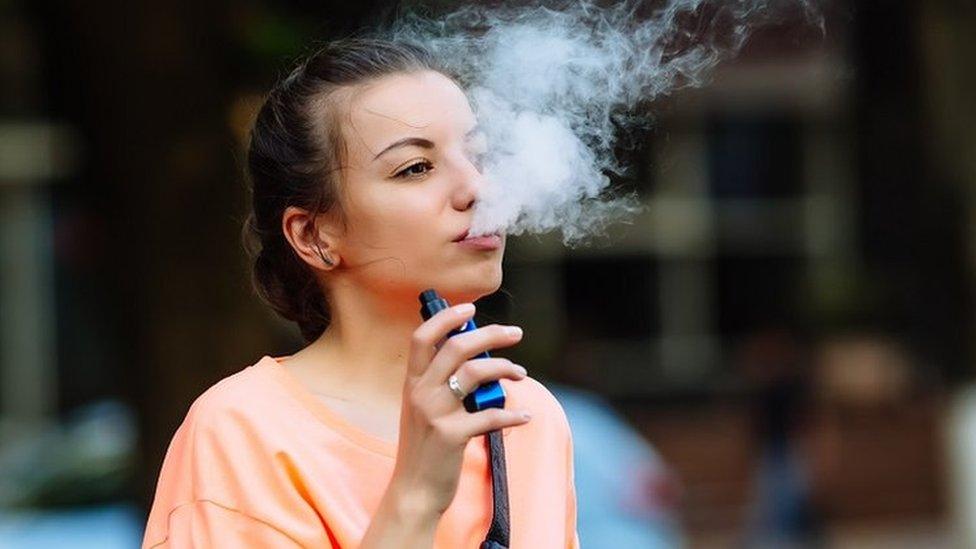
- Published17 May 2023
